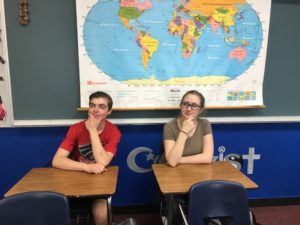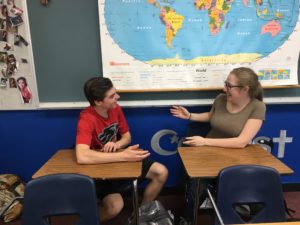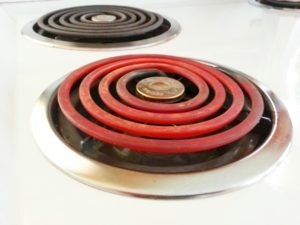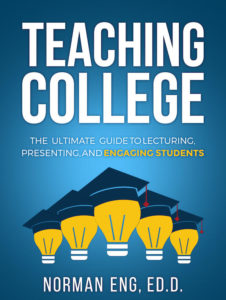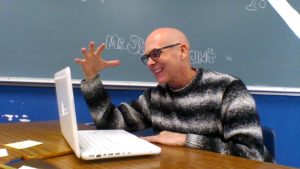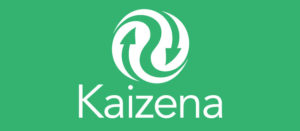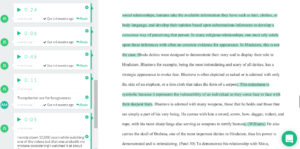You stroll into class and you’re stoked! You have an awesome lesson and you can’t wait to lay it on your young disciples. Alas! Your students are more interested in who’s zoomin’ who. You have to compete with contemporary school and youth culture…which is a tall order. You get discouraged because you know that if they gave this lesson their full attention, it would enrich their lives.
So…that’s the problem and this episode will help you grab them by the virtual lapels and pull them into an amazing learning experience! I brought back some original sources we all love so much…the students! For this episode, I’m joined by Campbell Allen and Emma Neeper …two wonderful young adults. They took time out of their busy existence to talk about how to prime the pump for tomorrow’s lesson.
Here’s the approach we’ll all advocate:
- Begin the lesson by issuing an interesting hook question. This question should be a real-life application, or at least something relevant to modern youth life. Campbell suggests pop-culture connections. Give kids a minute or two to contemplate your creative subtle prompt:
- Direct the kids to collaborate about their ideas. This should also take about two minutes.
- Finally, conduct a class discussion, or debriefing. This can last longer, but regardless…the pump will have been primed and your students SHOULD be far more receptive to the day’s lesson!
Episode Template
The Problem:
Your kids aren’t pumped about today’s amazing lesson.
The Solution:
You need to prime their pumps with an engaging introductory activity!
What You Can Do Tomorrow:
- Randomly sort students into small groups…check out Episode 43 for ideas!
- Issue a subtle relevant prompt about the day’s lesson.
- Allow kids a brief time to contemplate the prompt.
- Direct student to collaborate about their ideas.
- Conduct a class discussion or debriefing.
- NOW…dive into your transformational lesson!
Think of the catchy Anticipation song by the lovely Carly Simon. Prime the pump for your awesome lesson and watch engagement blossom!
Listen to “52-Priming the Pump for Tomorrow’s Lesson…Starring Campbell Allen and Emma Neeper” on Spreaker.

